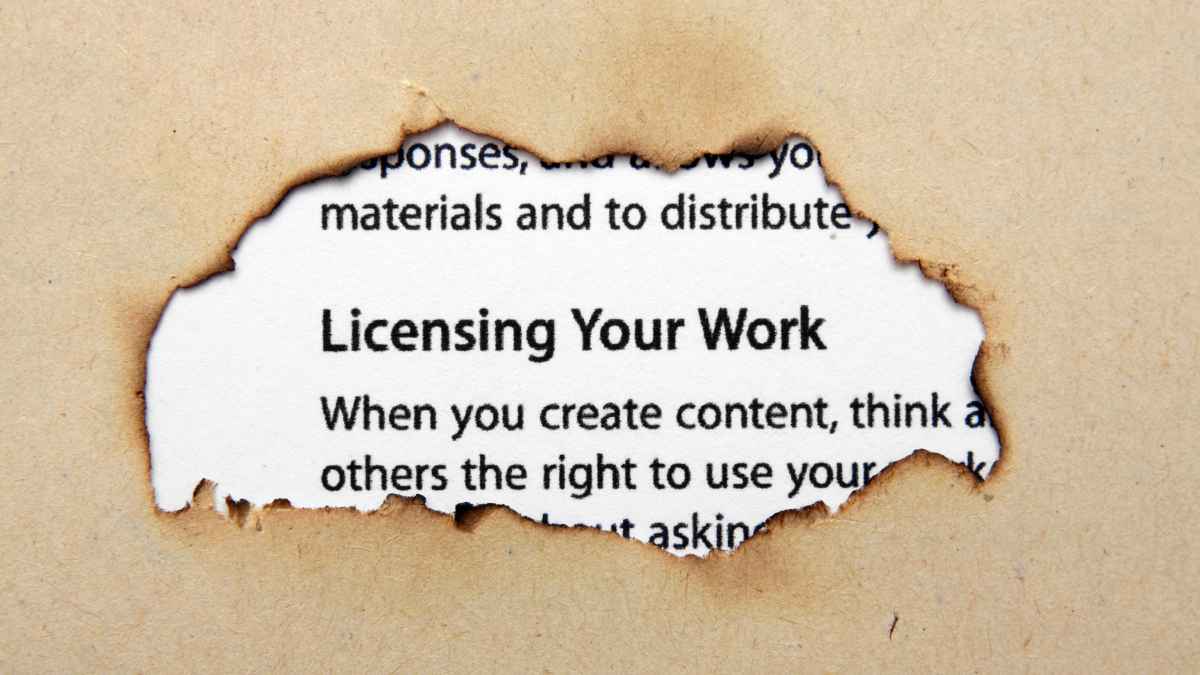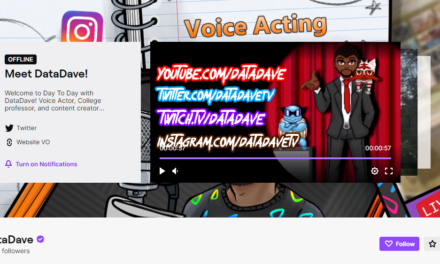Have you ever thought about renting your content?
You retain ownership of the content but get paid for its time-specific use.
It’s called content licensing.
“It’s such an incredible way to create a new revenue stream while creating a larger impact with your content,” says Alexandria Agresta, thought leadership expert, facilitator, and trainer.
She opted for licensing when more clients wanted to adopt her frameworks, processes, and even the exact phrases and terms she uses. Her licensing clients range from a mental health SaaS platform to a roofing company and a mobile app to a health care business. In addition to her consulting clients, she also finds licensing clients through personal connections, warm referrals, and networking events.
Alexandria is also exploring licensing her content to publishers, allowing big publications and corporations to post it on their sites for a specified time. She searches for these publishers using LinkedIn, X, and lead lists.
Chloe Sappern, founder of Chloe Sappern Creative, is a social media strategist who works with celebrities, influencers, and other creators, some of whom do licensing deals.
Brands often incorporate content licensing as part of larger partnership deals. “Sometimes, the brand partners will reach out to a creator with a creative brief and help curate the original content,” Chloe says. “But there are also instances where a creator makes an organic video that goes viral, and the brand reaches out retroactively to license that video.”
The latter happened to TikTok creator HalleyKate, who posted a video with an organic recommendation of a Farmacy Beauty product. As the video gained traction, Farmacy Beauty reached out to HalleyKate and licensed the content.
“Brands benefit from having organic-looking content that is more engaging for their audience. Creators benefit by reaching a larger and potentially new audience through (the brand’s) paid targeting, as well as (adding a new) revenue stream,” Chloe says.
Advice for licensing deals
However, before doing a deal, creators should be certain they fit with not only the brand’s mission but its plans for the content.
“Since the brand is managing your content, make sure you align on what is happening with your name, such as what language they intend to use in the caption or who the target audience is,” Chloe says.
Alexandria says an attorney can help you get the right licensing contract in place. Among the terms, the agreement should spell out:
- Length of the license (i.e., three months, six months, one year)
- Content included in the license and what is not
- Ownership rights
- What happens after the license expires
Also, if you think someone may steal your content, get copyrights, trademarks, and patents before you license it.
“Licensing is a great way to maintain ownership over your brilliance while making it more accessible to see a much greater impact than when it’s solely in your hands,” Alexandria says.
About the author
Ann regularly combines words and strategy for B2B, B2C, and nonprofits, continuing to live up to her high school nickname, Editor Ann. An IABC Communicator of the Year and founder of G Force Communication, Ann coaches and trains professionals in all things content. Connect with her on LinkedIn and Twitter.










